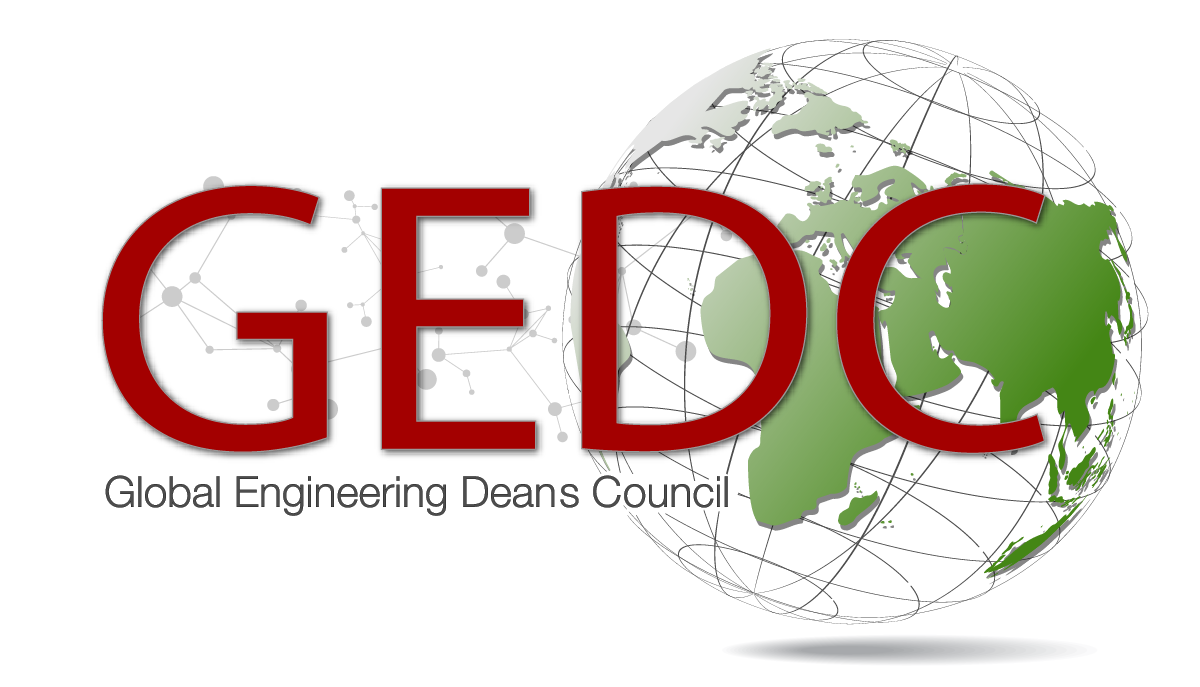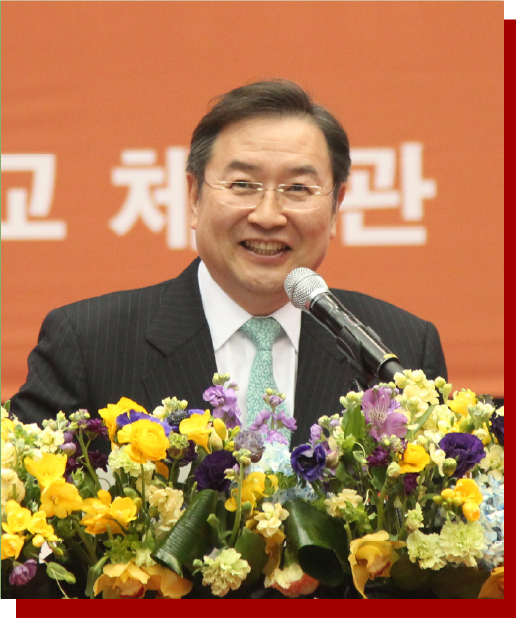Is Seoul National University planning to offer any Massive Open Online Courses [MOOCs] in Engineering?
Yes. MOOCs have emerged as an exciting and new interactive education platform that enables participants to tap into the collective intelligence of our university through the internet. Keeping abreast of the trend, the College of Engineering at SNU has started implementing MOOCs in order to raise the quality of university education.
Since 2015, new faculty members are required to offer at least one online course within two years from the start of their employment. In addition, faculty members are encouraged to not only provide engineering knowledge throughout the course but also to share their engineering experience.
Moreover, freshmen are advised to enroll and complete MOOCs. We believe that this new exciting medium for lectures will nurture creative and interdisciplinary engineers.
How would you characterize the current relations between Seoul National University and the corporate and industrial world? What are some of the projects that you are implementing with local companies?
The College of Engineering at SNU has shaped close collaborative relationships with industry. With the recent establishment of the ‘SNU Engineering Consulting Center’, 270 faculty members help solve complex technological difficulties of medium- or small-sized enterprise companies with their expertise. The center consults and introduces the most relevant experts to the clients. The faculty members, as experts, then provide a tailored technology training program for each client to improve R&D capacity, assist on new technology development, or help create sustainable competitive advantages. Since its establishment in March 2014, 473 consulting cases were completed in a little bit over two years. This system of collaboration allows for the industry and the university to have a close and productive relationship.
Are there any international partnerships between Seoul National University and other schools in Europe, Africa and other regions of the world?
The College of Engineering itself has made over 400 agreements on academic and research cooperations, student exchange programs, dual-degree programs, joint research projects, and internship programs with other international universities. Under these agreements, the college conducts extensive educational exchanges with our partner institutions. We have more than 300 partner universities worldwide and continue to form partnerships in order to provide cross-cultural opportunities and experiences for the students.
What are some of the latest education advancements in engineering at the College of Engineering during the last few years under your leadership?
Under my leadership, we have expanded upon courses aimed at providing hands-on experiences through practice-based contents over the traditional theory-based lectures. Therefore, we have established courses such as the ‘Capstone Design for Innovative Engineering’ course. This course provides students with opportunities to find real-life engineering design problems in our society or companies and offer them tools to explore design solutions.
Moreover, we have recently opened the ‘Haedong Idea Factory’ a open-around-the-clock creative space where students can shape their ideas into real products. 3D printers, scanners, filming equipment, laser cutters, metal and woodworking equipment, and other equipment required for prototyping are made available to help our students develop creative and innovative products.
In addition, we have founded the ‘SNU Graduate School of Engineering Practice’.
This graduate school focuses on providing students with a Bachelor’s degree and more than three years of work experience with coursework related to engineering knowledge and in-depth skills to solve complex problems. The program helps candidates reinforce engineering fundamentals, gain insights into state-of-the-art technologies, and ultimately fostering engineering leaders in the field.
At Seoul National University, what are some of the initiatives that you have undertaken to promote diversity in education for engineers?
The College of Engineering highlights a multidisciplinary approach to engineering and design as well as nurtures global entrepreneurs. In that context we will soon launch a ‘Global Innovative Capstone Design’ course in collaboration with Tsinghua University, Beihang University, and Hong Kong University of Science and Technology. Through team building activities, students will be able to share experiences and exchange ideas, as well as create innovative products with international students.
We are also bound to create an interdisciplinary curriculum that entails non-engineering contents. Currently, we provide an ‘Introduction to Technology Management, Economics and Policy’ course which introduces various fields of study such as marketing strategy for state-of-the-art technology, financial statement analysis, and more to our students.
In addition, we plan to expand internet video lecture services for our students. Not only MOOCs but also lectures from other distinguished schools. Students can watch prominent professors’ lectures from our partner institutes abroad, from the convenience of their home. As our initiative approaches its fourth year of operation from 2013 to 2015, 16 courses from five institutions (Tokyo University, Pennsylvania State University, University of Hawaii, Mongolian University of Science and Technology, and University of Malaya) are available and more than 400 students have enrolled.

